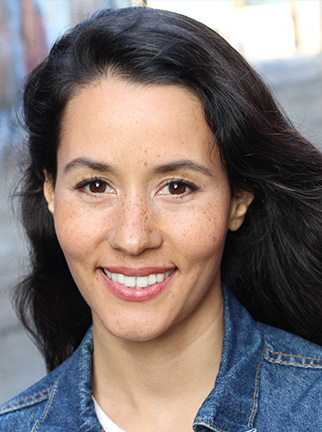Oral and maxillofacial surgery is used to correct a wide spectrum of diseases, injuries, and defects in the head, neck, face, jaws, and the hard and soft tissues of the oral and maxillofacial region.
A recognized international surgical specialty, it is also one of the nine specialties of dentistry recognized by the American Dental Association.
Oral Surgeons: Changing Lives with a Smile
Oral and maxillofacial surgeons are the only specialists who, after completing dental school, are surgically trained in an American Dental Association-accredited, hospital-based residency program for a minimum of four years. They train alongside medical residents in internal medicine, general surgery, and anesthesiology; and also spend time in otolaryngology (ear, nose, and throat), plastic surgery, emergency medicine, and other specialty areas.
Their training focuses almost exclusively on the hard and soft tissue of the face, mouth, and jaws, and their knowledge and surgical expertise uniquely qualifies them to diagnose and treat functional and aesthetic issues in this part of the body.
Oral and facial surgeons are uniquely qualified to diagnose and treat a number of functional and aesthetic conditions of the bone, skin, and muscles of the face, mouth, and jaw. They include but are not limited to:
- Dental implant surgery
- Wisdom teeth removal
- Extractions
- Endodontic surgery
- Facial aesthetic surgery
- Facial trauma
- Cleft lip/palate
- TMJ/TMD and facial pain
- Oral cancer
In addition, oral surgeons are trained in all facets of anesthesia and sedation methods, including local anesthesia, oral sedation, IV sedation, and general anesthesia. They have received training in airway management, endotracheal intubation, establishing and maintaining intravenous lines, and managing complications and emergencies that may arise during the administration of anesthesia.



 Website Powered by Sesame 24-7™
Website Powered by Sesame 24-7™